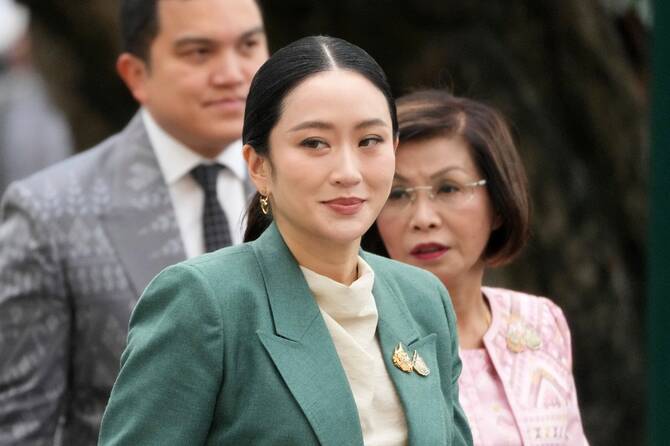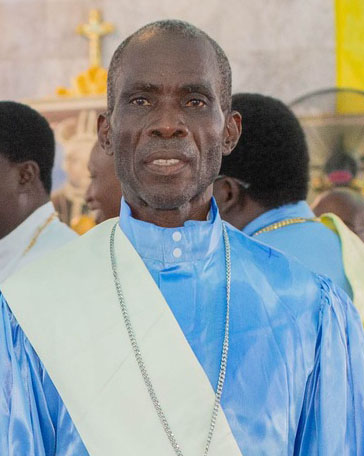As Muslim worshippers complete a second Hajj pilgrimage pared down by coronavirus restrictions, Saudi Arabia is pressing ahead with plans to restart the kingdom’s nascent secular tourism sector as part of its ongoing efforts to diversify its economy away from fossil fuels.
Religious tourism has traditionally been one of the few ways visitors could enter the kingdom – home to Mecca and Medina, Islam’s two holiest cities.
That custodianship makes Saudi Arabia a destination for outsiders. Between the Hajj, which happens at specified times each year and is one of the five pillars of Islam, and Umrah, a pilgrimage to the holy sites that can occur at any time, the kingdom hosted 9.5 million pilgrims in 2019.
But Riyadh has plans to tap a tourist market beyond religious pilgrims, as part of de facto ruler Crown Prince Mohammed bin Salman’s (MBS) Vision 2030 blueprint to evolve the economy beyond oil revenues.
In September 2019, Riyadh introduced a tourist e-visa aimed at attracting non-Muslim visitors. But it had barely launched when COVID-19 ground the global tourism industry to a halt last year.
Pandemic restrictions also hit Saudi’s established religious tourism industry hard.
Only 60,000 vaccinated Saudi citizens and residents were allowed on the pilgrimage this year, while in 2020 the number of worshippers was restricted to 1,000.
The kingdom reopened its borders to a number of countries for tourism on May 30, but has since enacted new closures with the outbreak of the COVID-19 Delta variant.
“Obviously, this was another unprecedented year. Business around the pilgrimage was halted along with the newer adventure and cultural tourism sectors,” Chris Rosenkrans, a Jeddah-based tourism consultant, told Al Jazeera.
For Jeddah-based tour guide Samir Komosani, watching his country closed off to any kind of international visitor is difficult.
“This big beautiful country has so much to offer visitors and I love sharing the hidden secrets of it,” he told Al Jazeera. “I think as COVID recedes we will see people from all over the world coming to Saudi Arabia.”
His optimism is shared by leaders in Riyadh who hope to boost tourism revenues from 3 percent of the country’s total gross domestic product to 10 percent by 2030.














